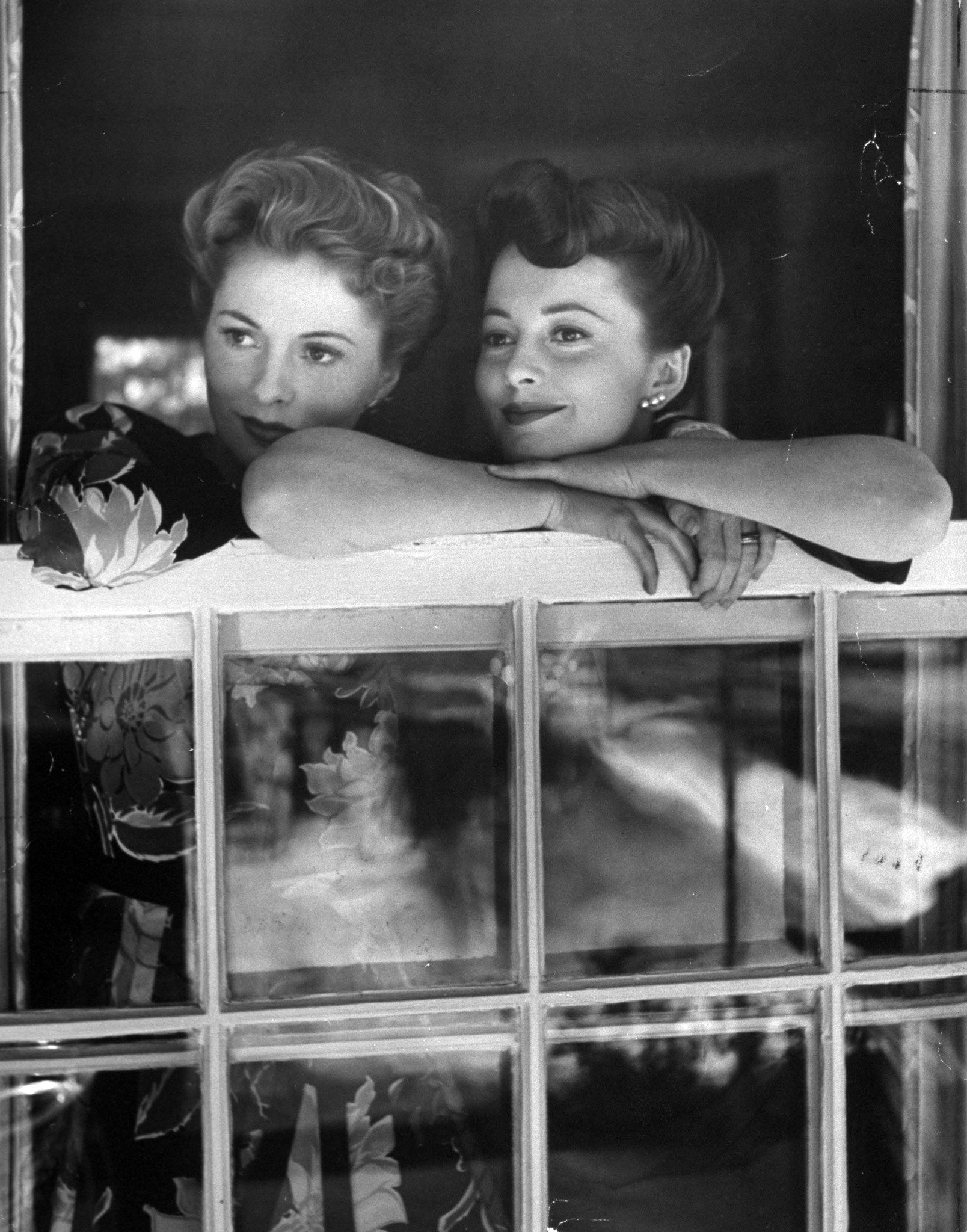
For three quarters of a century, the supposed feud between sisters Olivia de Havilland and Joan Fontaine was the stuff of tabloid dreams. Only 15 months apart, the sisters pursued the same career, competed for the same Oscars and even cozied up to some of the same men. As LIFE put it in a 1942 profile titled “Sister Act”: “There is no danger that sisterly affection, breaking suddenly upon them, will dampen their rivalry and the girls’ careers.”
It’s no surprise, then, that when Bob Landry photographed them for that LIFE story, they appeared in only seven photographs together out of the more than hundred he shot of them. In a story that was about their relationship. They might as well have been posing for two separate articles.
At that time, de Havilland was 25 and Fontaine, 24. At that year’s Academy Awards, they had gone head to head in the race for Best Actress, the first pair of siblings to compete for an Oscar. (Only one pair of siblings, Lynn and Vanessa Redgrave, has joined them in that category in the intervening years.) De Havilland was nominated for Hold Back the Dawn and Fontaine for Suspicion. The older sister, who famously played Melanie Hamilton in Gone With the Wind, was known for playing “pretty and charming, naïve,” and the younger for roles that were “moody, intuitive and emotional.” LIFE’s Oliver O. Jensen described the tense moment before the envelope was opened:
It was the climactic moment in their own private battle of ambitions and, knowing their bitter rivalry, the Hollywood banqueters waited hopefully for the losing sister to burst into tears or stamp her little foot in rage when the announcement was made. But when the Oscar went to Joan, Olivia only seized her sister’s hand and crowed, ‘We’ve got it!’
Long before the sisters went head to head in Hollywood, they competed for attention as children. Fontaine — who took her stepfather’s name when she decided, as she told the Hollywood Reporter’s Scott Feinberg, “Two de Havillands on the marquee would be too many” — had been a sickly child. Her “bouncy and pretty” older sister was favored, scored leading roles in local plays and enjoyed picking on her, taunting, “I can but Joan can’t!”
Though she was younger, Fontaine won an Oscar first and married first, famously quipping, “If I die first, she’ll undoubtedly be livid because I beat her to it!” Her first husband, Brian Aherne, had been romantically involved with de Havilland before Fontaine, Jensen wrote, “met and seized” him for herself.
De Havilland, now 98, rarely spoke about the alleged feud, save for a 1957 interview in which she attributed her distance with her sister to a cutting remark Fontaine once made about her first husband. Fontaine wrote in her 1978 autobiography that her older sister rebuffed her when she tried to congratulate de Havilland for her first Oscar, which came in 1947. In an interview after the book’s release, she also spoke about differences of opinion in how to care for their ailing mother and how to memorialize their mother after her death. Fontaine said she heard about their mother’s death not from her sister but through the grapevine.
When Feinberg interviewed both sisters in 2013, before Fontaine’s death in December of that year, Fontaine brushed off the rivalry that by then was so ingrained in Hollywood legend it might as well have been engraved on the Walk of Fame. “Let me just say, Olivia and I have never had a quarrel,” she told Feinberg. “We have never had any dissatisfaction. We have never had hard words.”
Whether the feud was fact or fiction or, more likely, something in between, the sisters were talented, ambitious people who achieved success without relying on nepotism, and really in spite of it. Perhaps the same drive that propelled them up the Hollywood ladder wedged a small but enduring gulf between them. As Fontaine once put it, “We are not passive people in any way.”
Liz Ronk, who edited this gallery, is the Photo Editor for LIFE.com. Follow her on Twitter at @LizabethRonk.
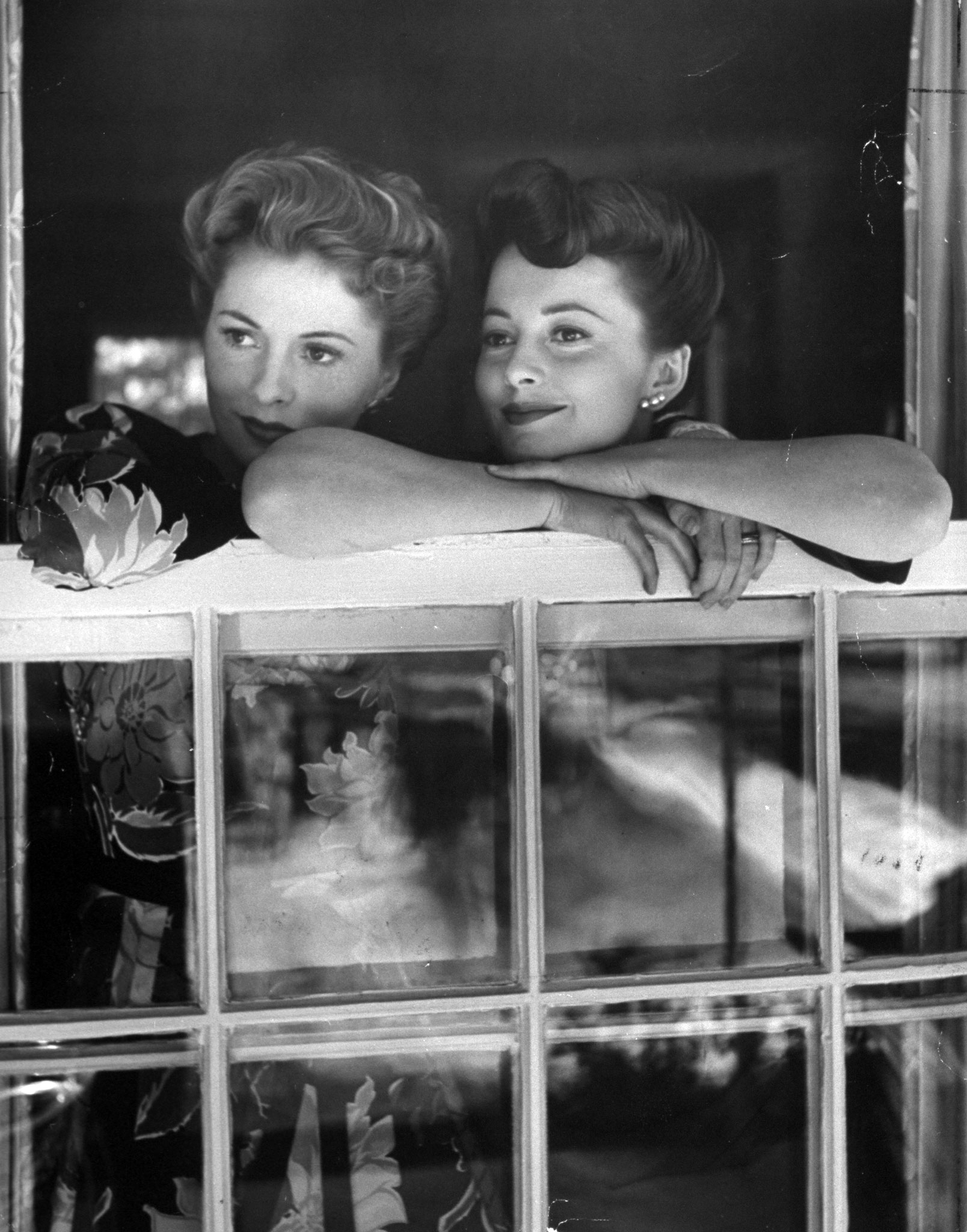
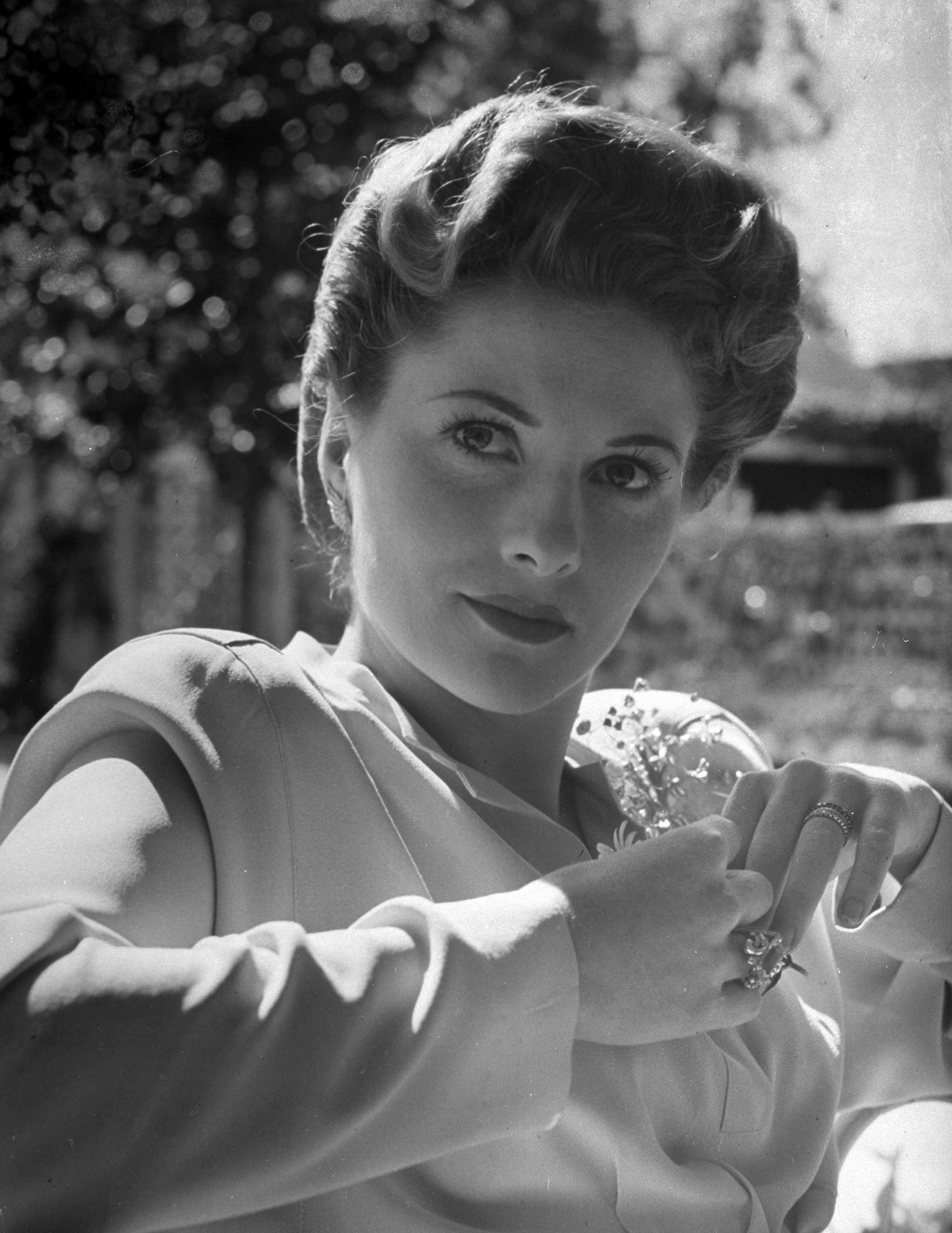
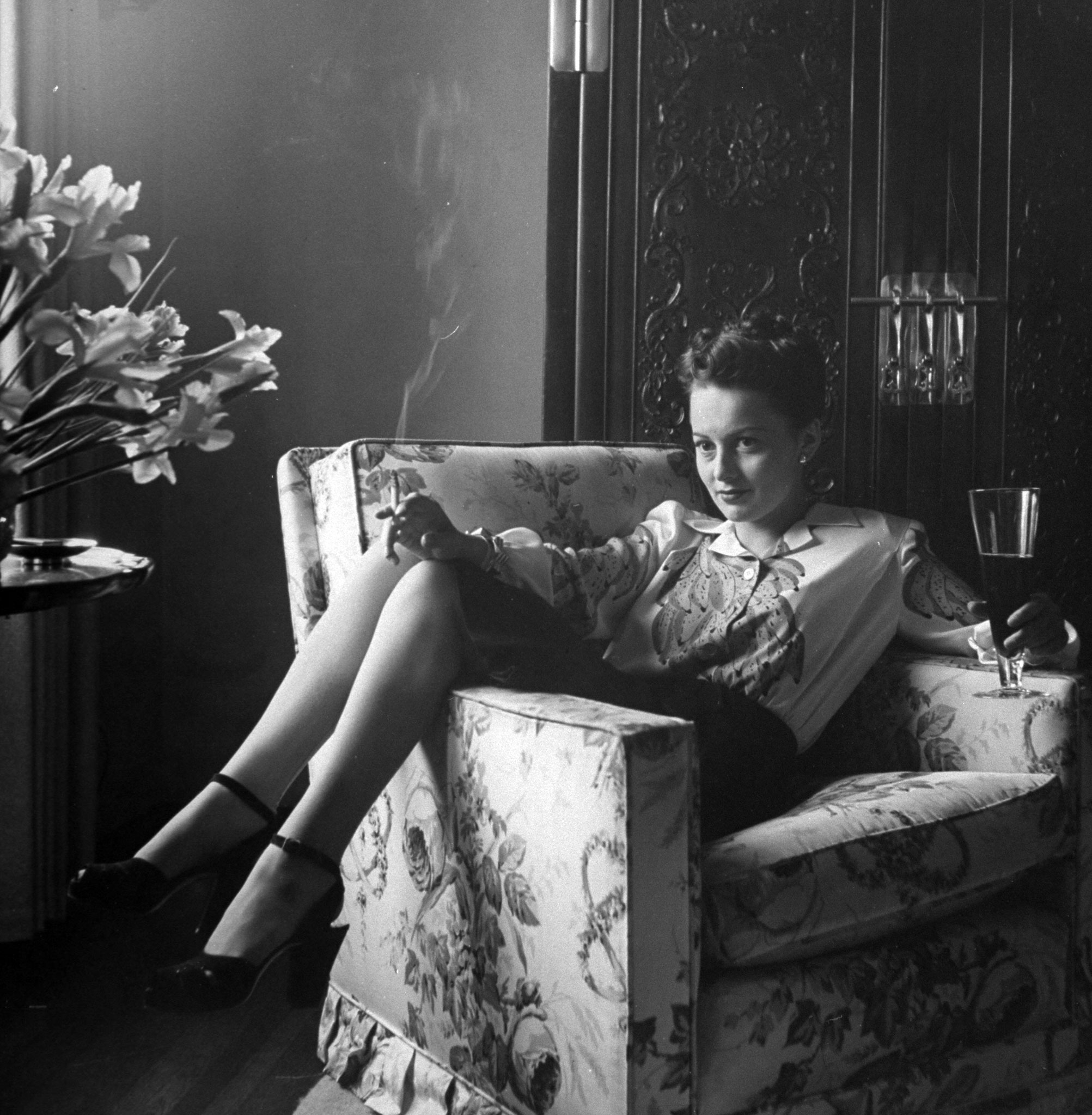
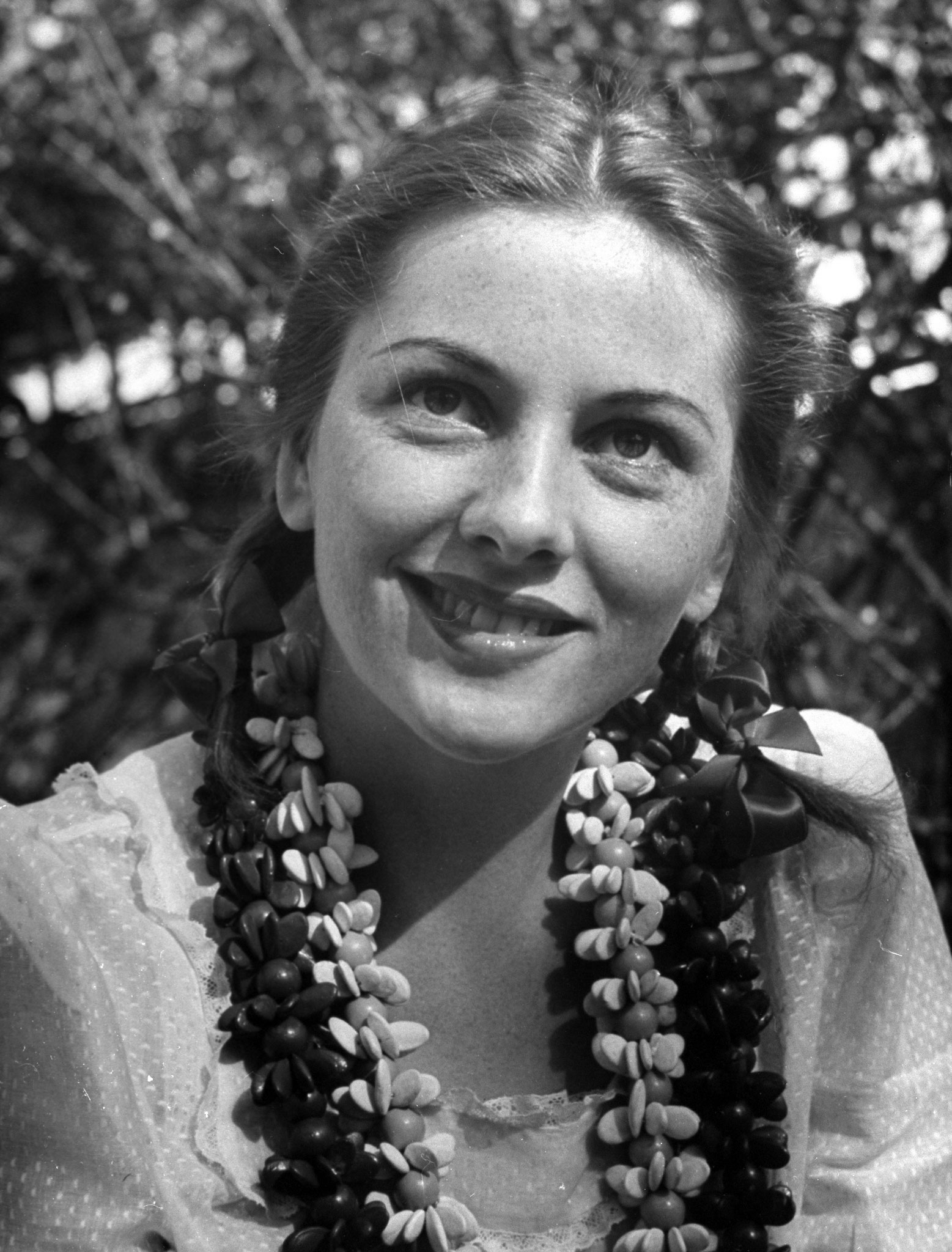
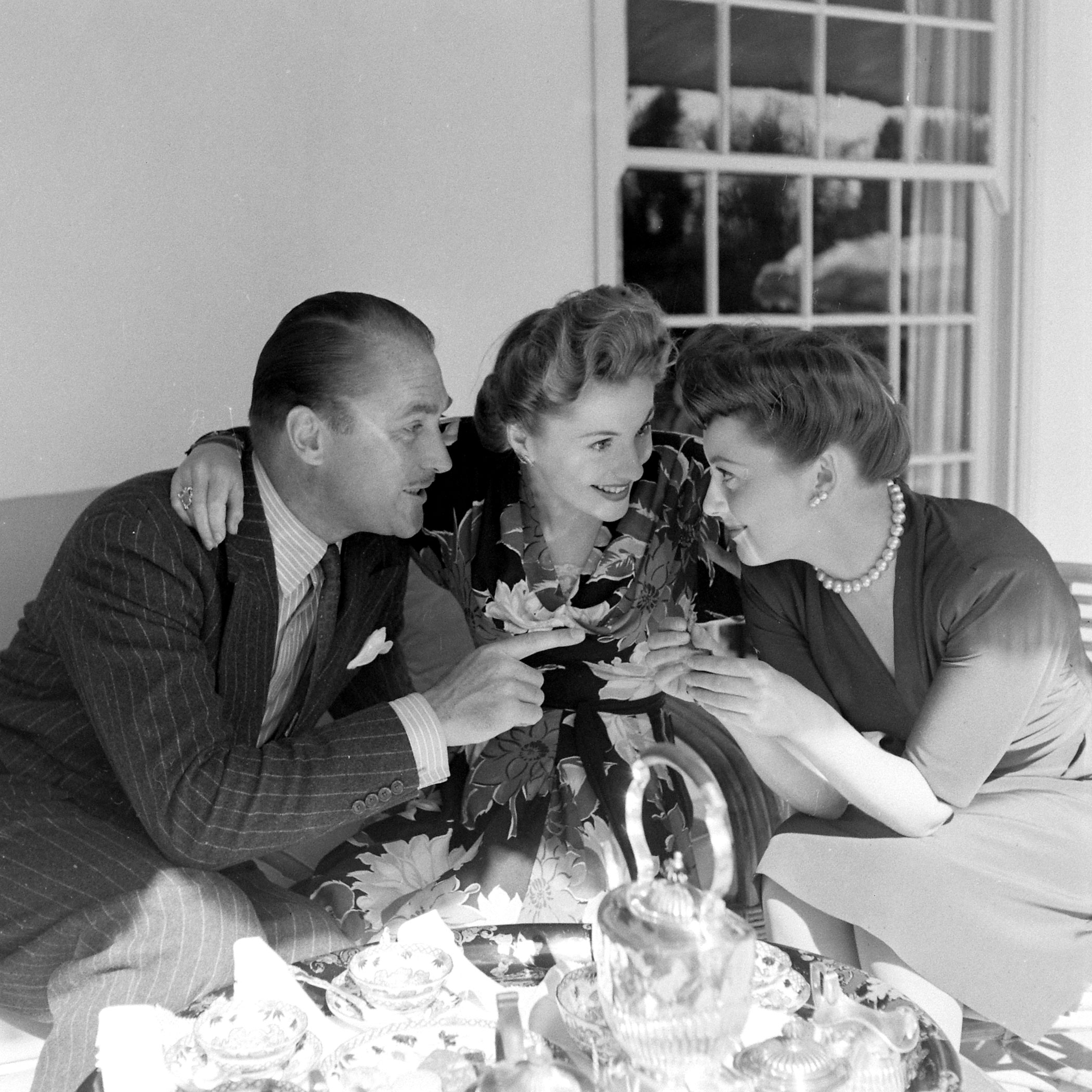
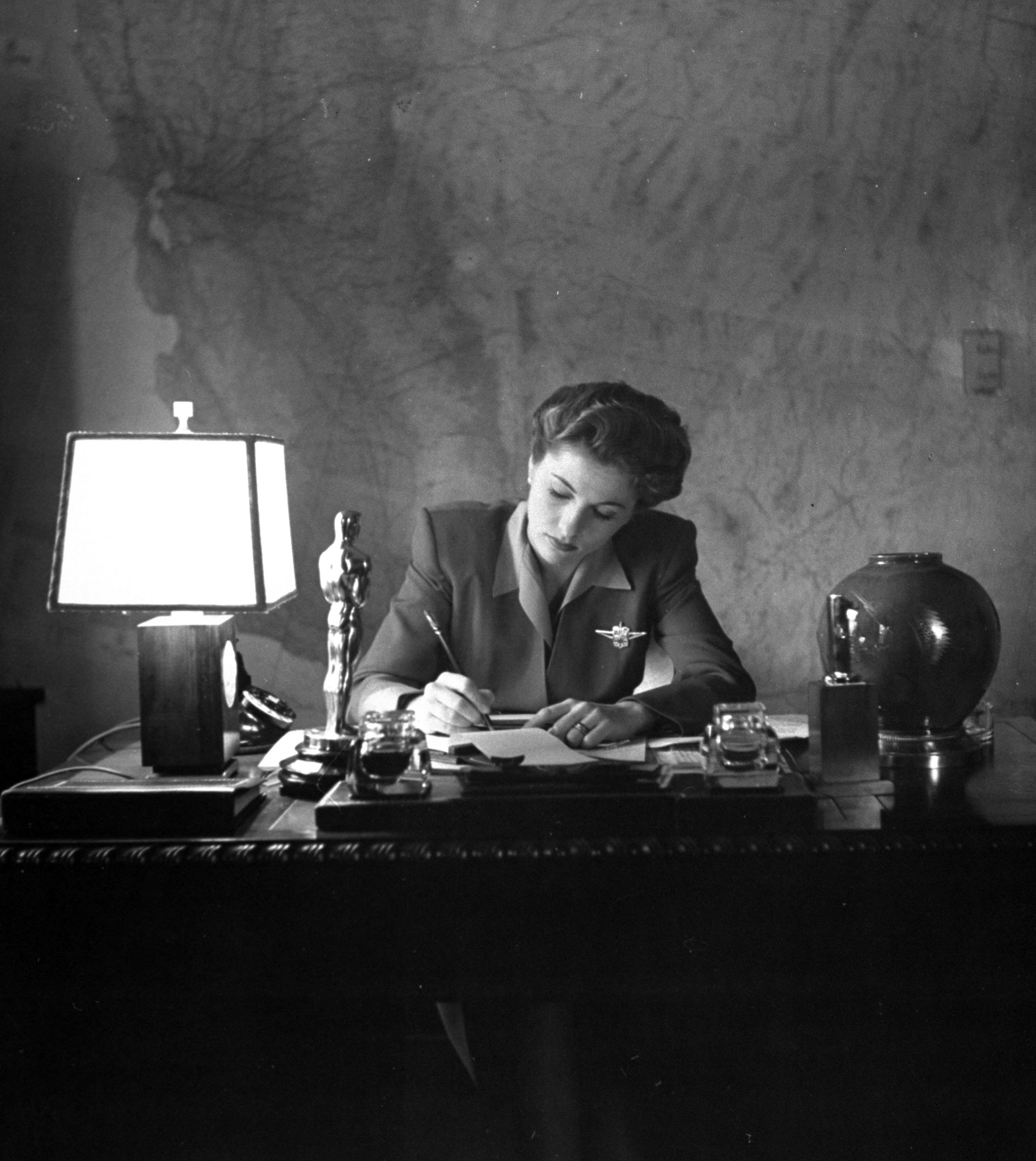
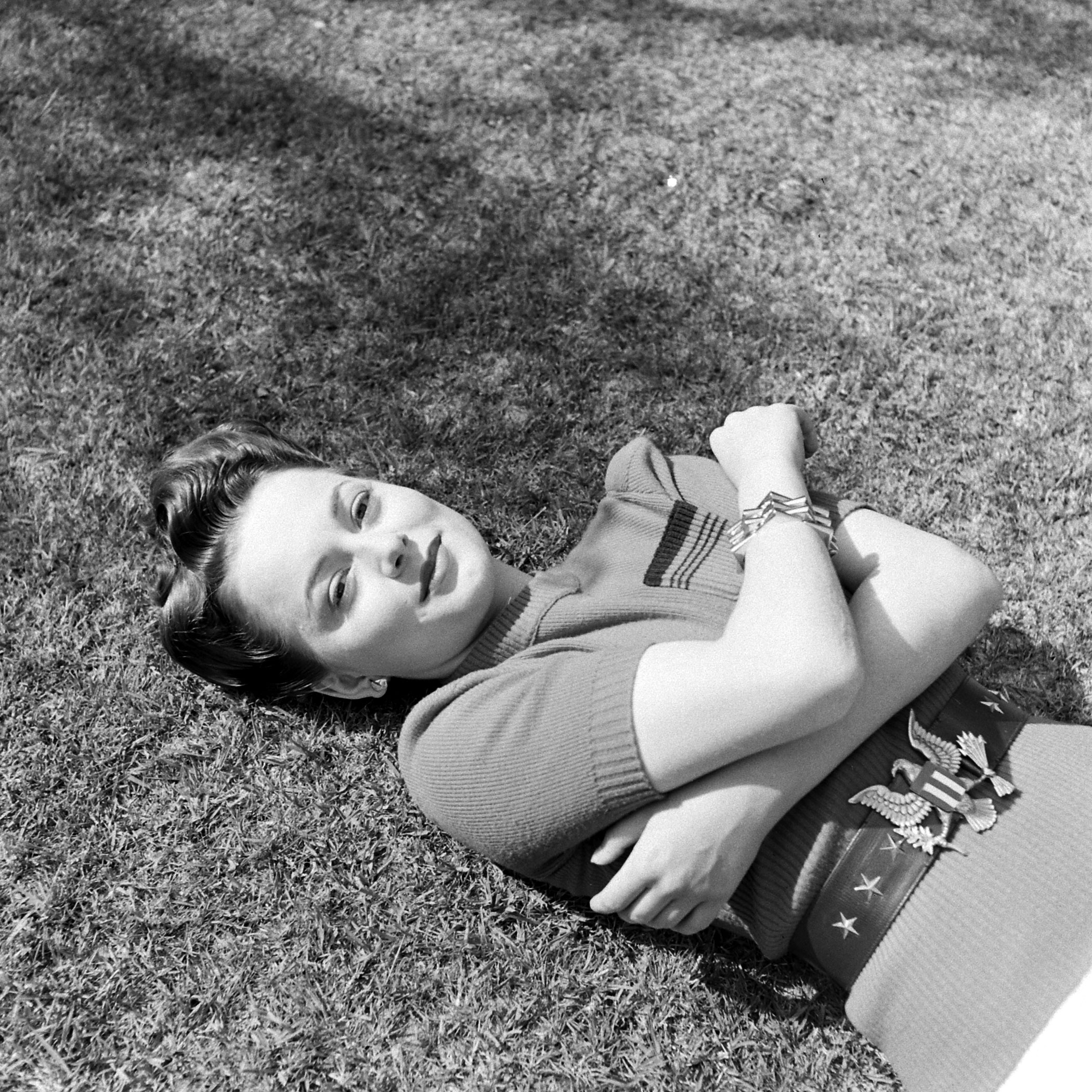
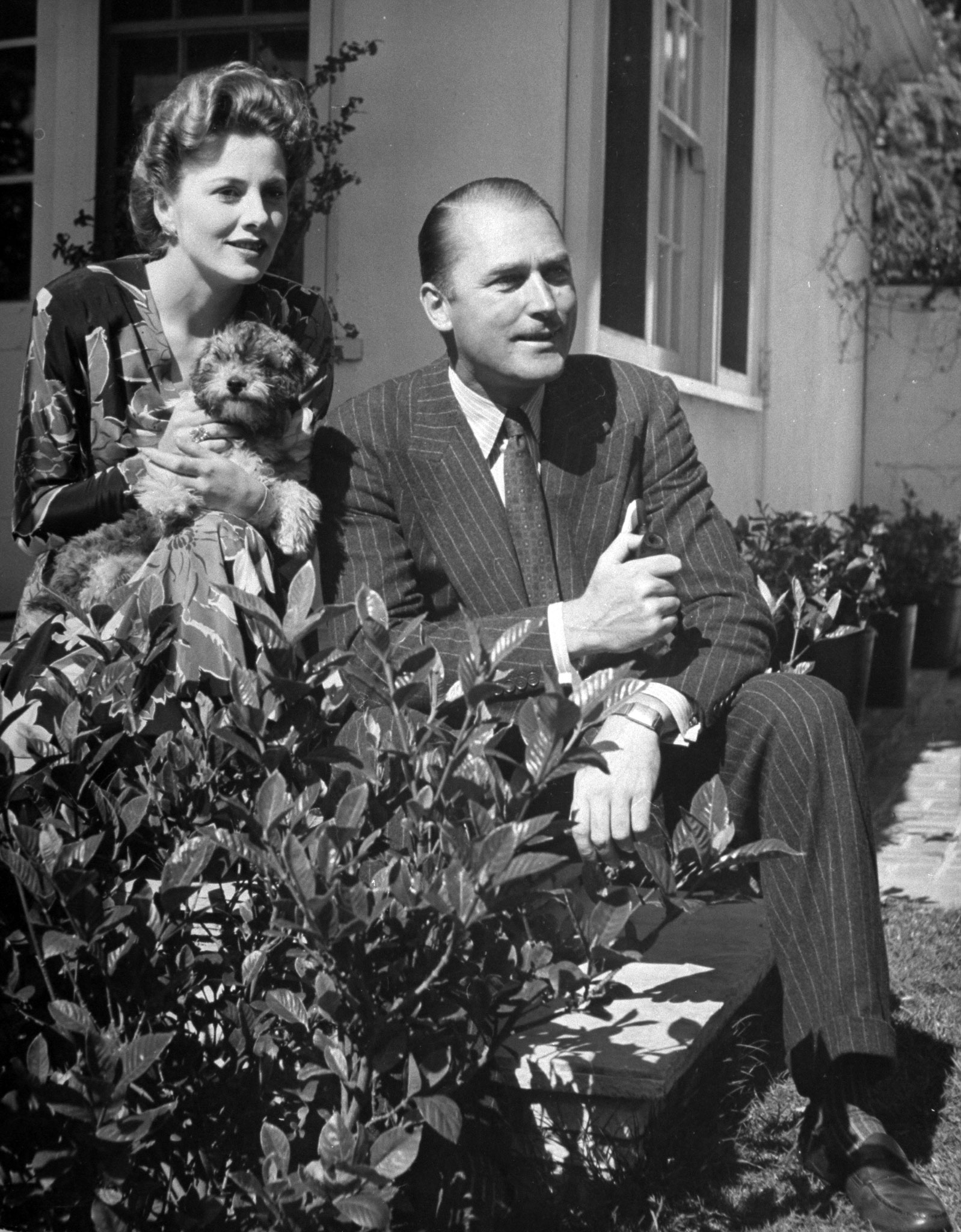
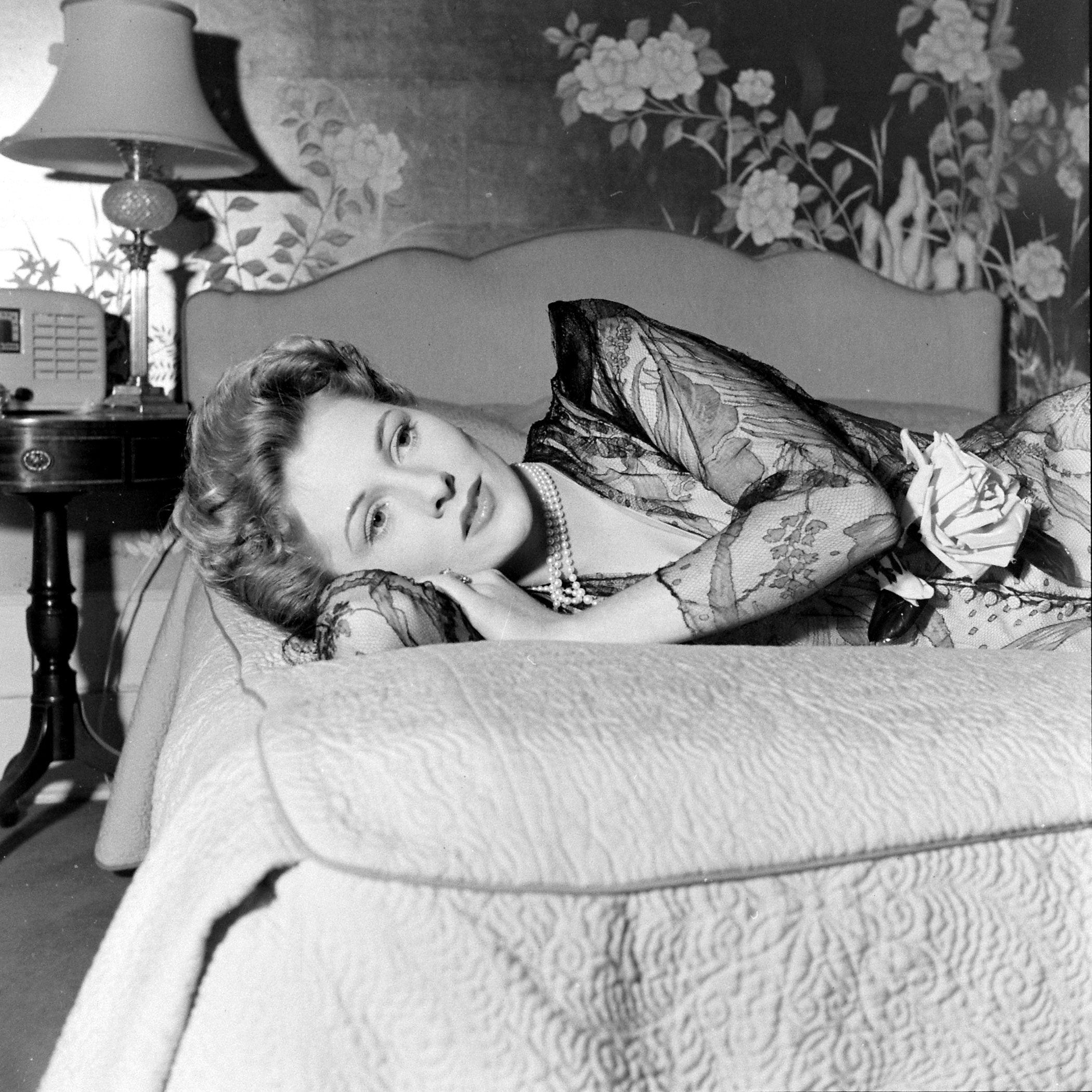
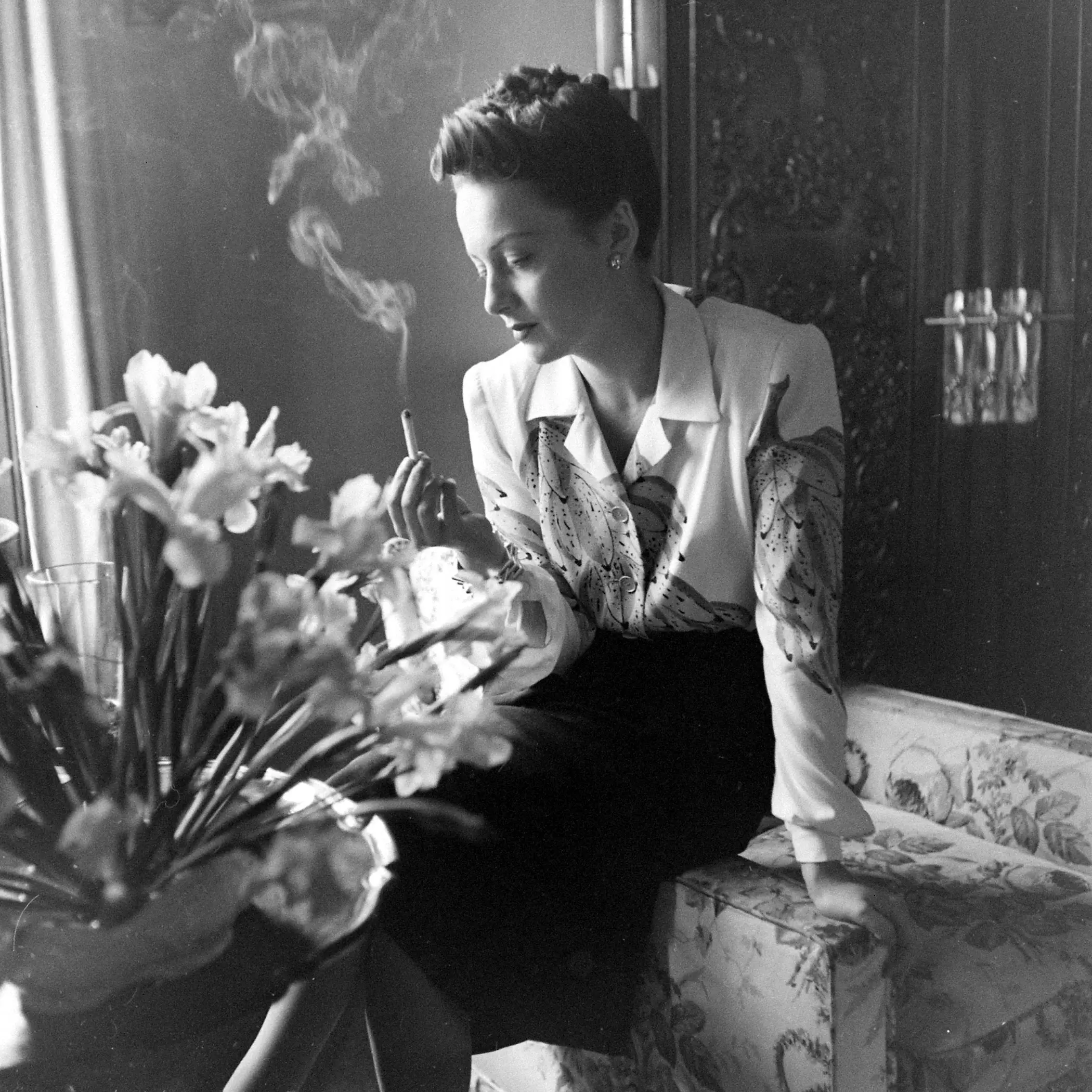
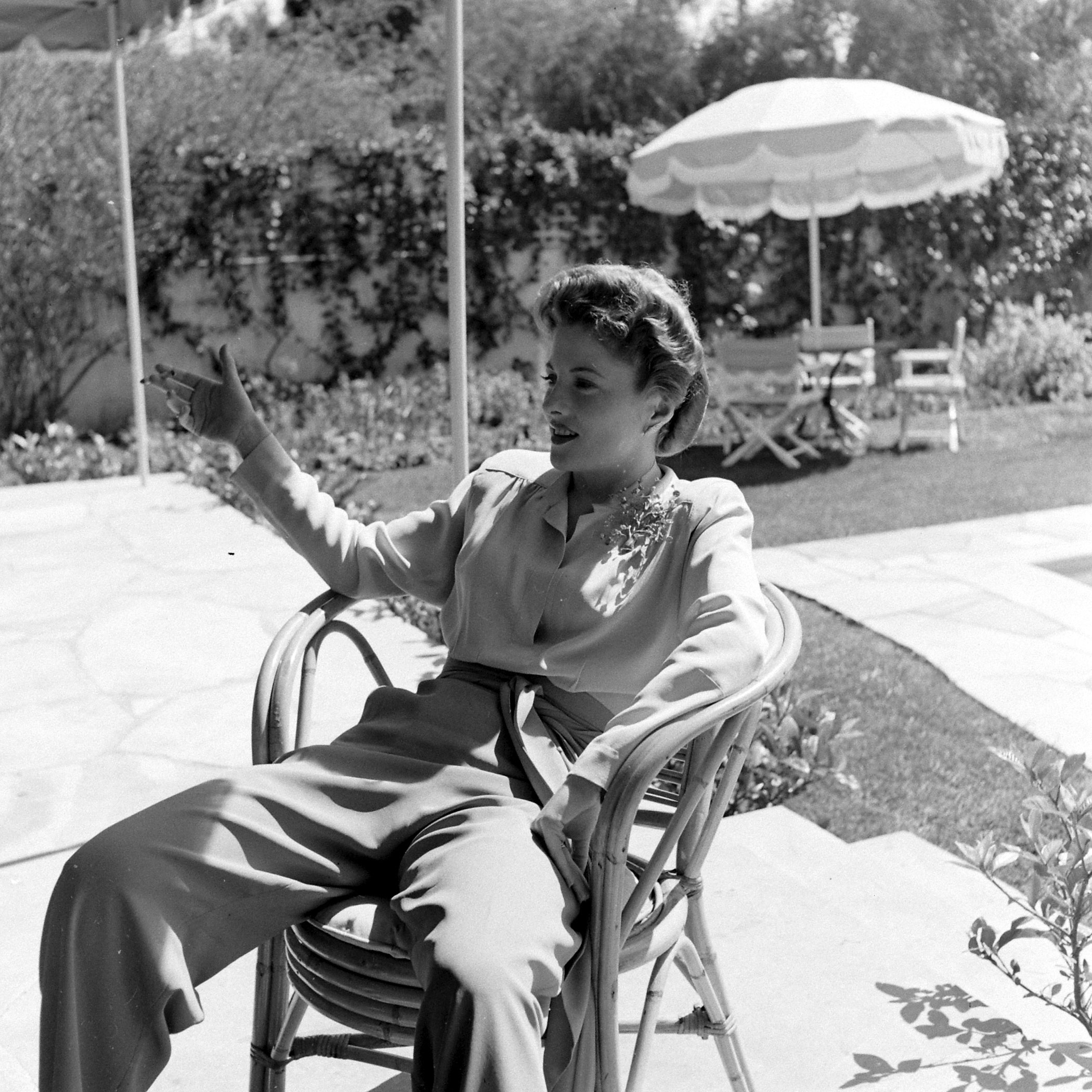
More Must-Reads from TIME
- Cybersecurity Experts Are Sounding the Alarm on DOGE
- Meet the 2025 Women of the Year
- The Harsh Truth About Disability Inclusion
- Why Do More Young Adults Have Cancer?
- Colman Domingo Leads With Radical Love
- How to Get Better at Doing Things Alone
- Michelle Zauner Stares Down the Darkness
Write to Eliza Berman at eliza.berman@time.com